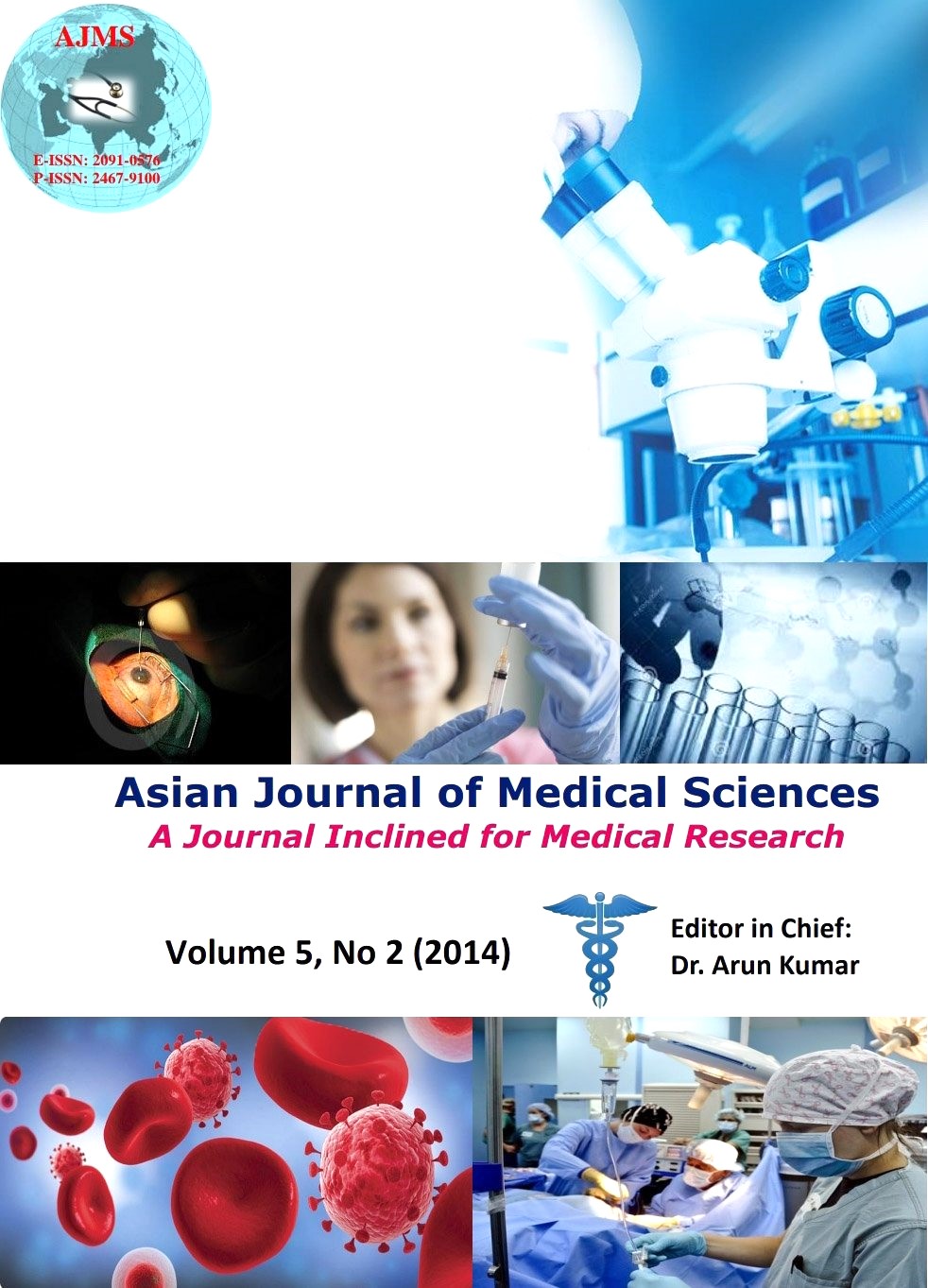Nephroprotective Effects of Carvedilol and Curcuma longa against Cisplatin-Induced Nephrotoxicity in Rats
Keywords:
Cisplatin, Nephrotoxicity, Carvedilol, Curcuma longaAbstract
Objective: Goal of this study is to investigate the effects of carvedilol (5 mg/kg, p.o), aqueous and methanolic extract of Curcuma longa (500mg/kg, p.o) against cisplatin induced renal damage in Wistar rats after a single intraperitoneal injection of 7.5mg- 1.
Methods: Wistar rats were randomly divided into 7 groups (n=10). Rats in group I were normal control received normal saline (5 ml/kg; i. p.) on day zero, while group VIa and VIb were vehicle control, received carboxymethyl cellulose (2.5 ml/kg; p.o.) and propylene glycole (2.5 ml/kg, p.o.) respectively from day 3 to 17. Renal toxicity was induced in rats of group II, III, IV and V by a single administration of cisplatin (7.5 mg/kg; i. p.) on day zero. Rats in group III, IV and V received a daily dose of carvedilol (5 mg/kg; p.o.), aqueous and methanolic extracts of Curcuma longa (500 mg/kg; p.o.) respectively from day 3 to 17, while group II served as cisplatin control.
Results: Post treated rats with carvedilol and aqueous and methanolic extracts of Curcuma longa for 15 days significantly increased body weight, decreased cisplatin induced abnormalities and mortality and decreased all the kidney marker such as serum urea nitrogen (SUN), serum creatinine (SCr), total proteins (TP), and uric acid (UA) increased by cisplatin, however, no appreciable improvement in hematological parameters were observed when compared with cisplatin control.
Conclusion: The results are indicative of nephroprotective effects of carvedilol as well as aqueous and methanolic extracts of Curcuma longa.
DOI: http://dx.doi.org/10.3126/ajms.v5i2.5483
Asian Journal of Medical Science, Volume-5(2) 2014: 91-98
Downloads
Downloads
Published
How to Cite
Issue
Section
License
Authors who publish with this journal agree to the following terms:
- The journal holds copyright and publishes the work under a Creative Commons CC-BY-NC license that permits use, distribution and reprduction in any medium, provided the original work is properly cited and is not used for commercial purposes. The journal should be recognised as the original publisher of this work.
- Authors are able to enter into separate, additional contractual arrangements for the non-exclusive distribution of the journal's published version of the work (e.g., post it to an institutional repository or publish it in a book), with an acknowledgement of its initial publication in this journal.
- Authors are permitted and encouraged to post their work online (e.g., in institutional repositories or on their website) prior to and during the submission process, as it can lead to productive exchanges, as well as earlier and greater citation of published work (See The Effect of Open Access).




